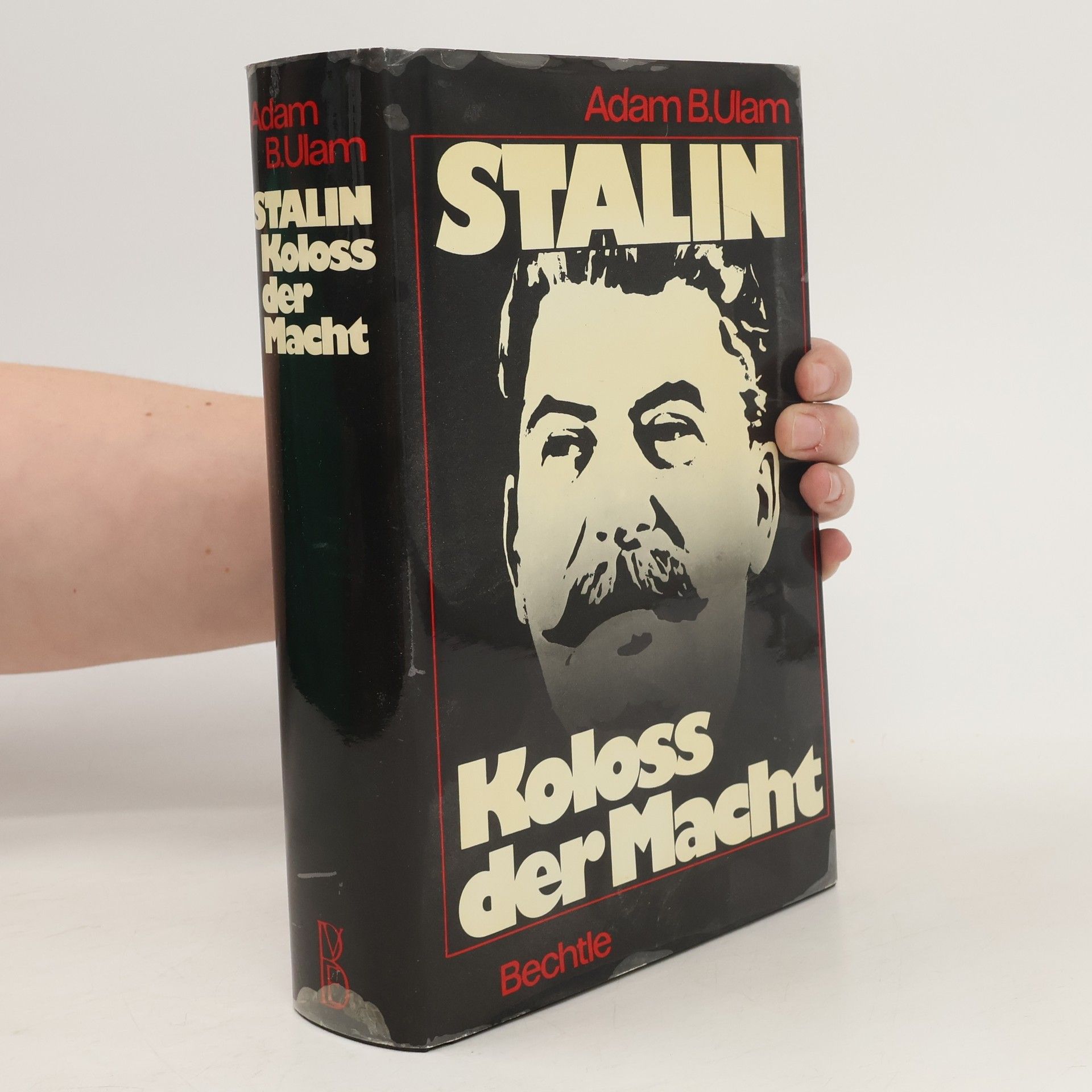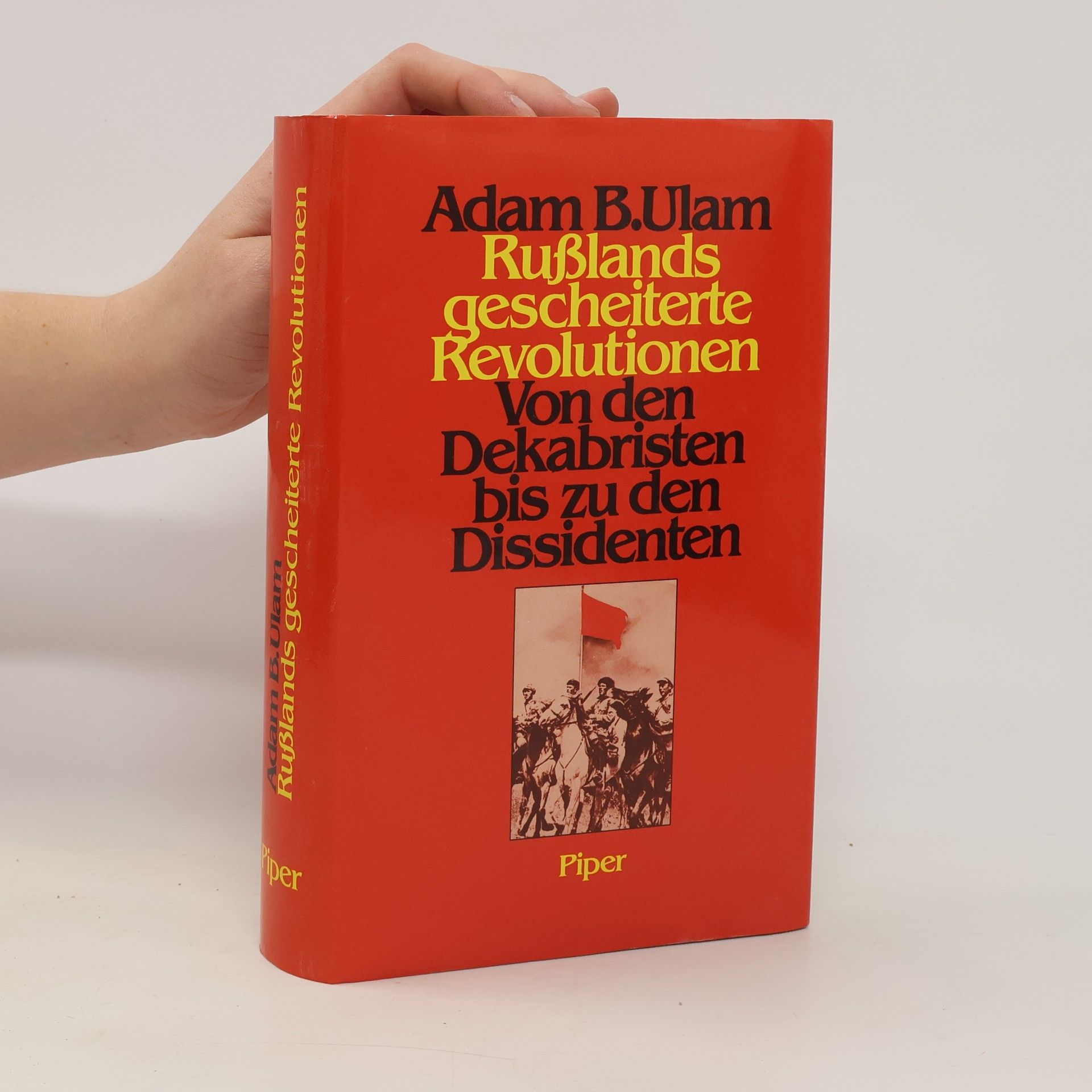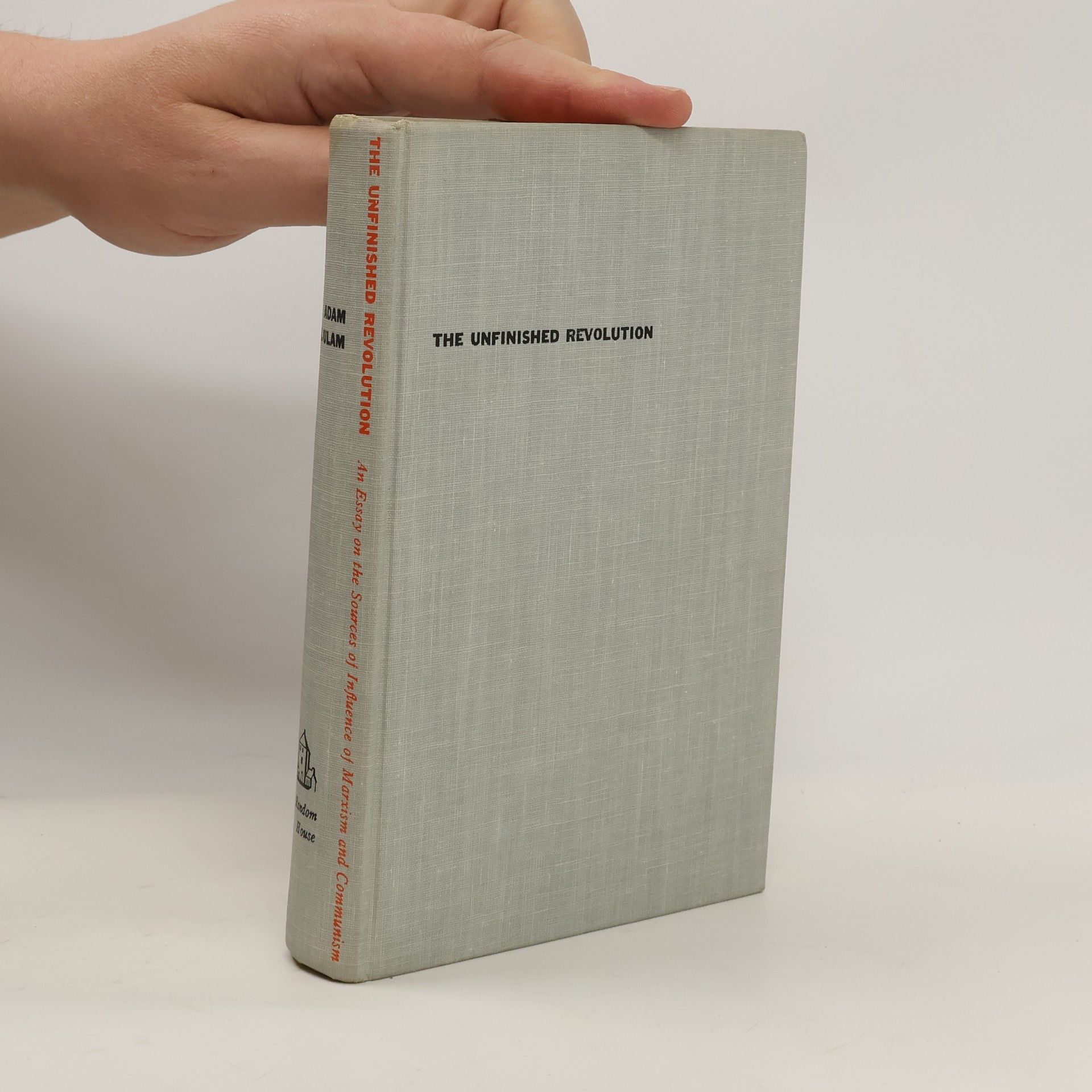Russlands gescheiterte Revolutionen
- 572 stránek
- 21 hodin čtení
Adam Bruno Ulam byl polsko-americký historik a politolog, který se zaměřoval na Rusko a Sovětský svaz. Byl uznávaným odborníkem na tuto oblast a autorem mnoha publikací. Jeho práce se hluboce zabývala komplexní historií a politikou východní Evropy. Ulamův přístup nabízel čtenářům jedinečný vhled do klíčových událostí a myšlenkových proudů formujících tento region.


